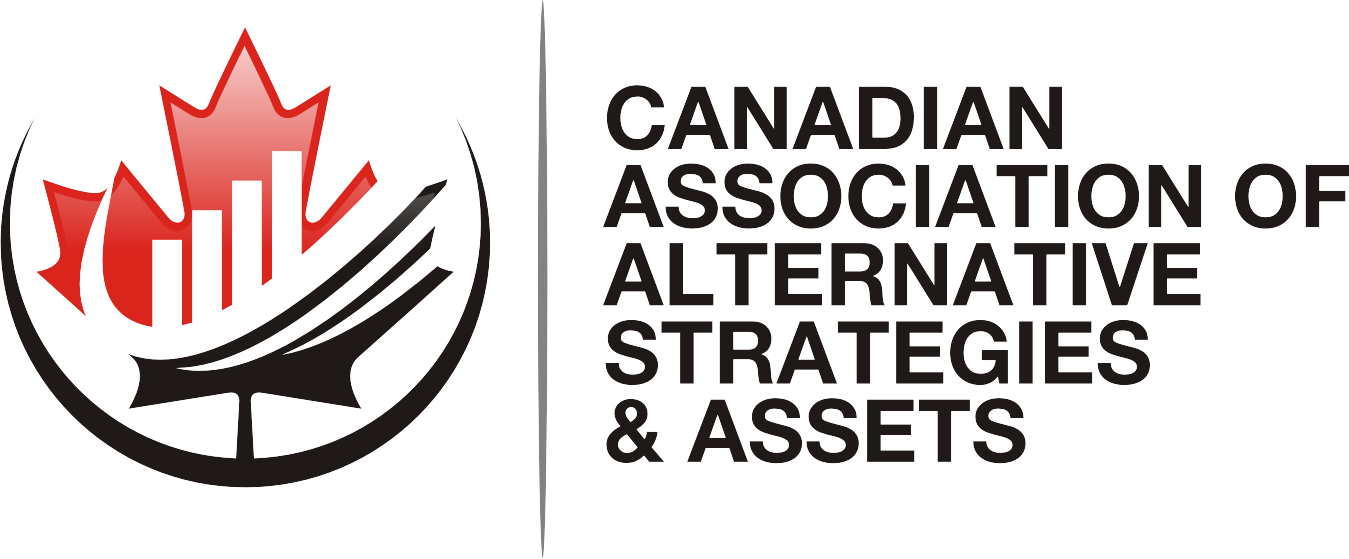Have you been living with someone in a common-law relationship? Do you ever imagine what would happen if things did not work out between the two of you?
Most couples avoid thinking about the consequences of their relationship going sour. Also, a cohabitation or prenuptial agreement is one of the last thoughts that come to mind for couples as it is not a very ‘romantic’ topic of discussion. However, it is important to know what happens to certain valuables or property if things do not work out as planned. Also, one should know how much time is available before a claim is barred.
When couples are married, the law on limitation periods is relatively clear. Section 7(3) of the Family Law Act(Ontario) specifies the time period for how long one has to make a claim. According to the Act, a claim for an equalization of net family property will be barred if a court action is not initiated within the following time periods:
- two years after a marriage is terminated by divorce; or
- six years after separation; or
- six months after a spouse’s death.
On the other hand, if you are living with a partner in a common-law relationship, you are not entitled to the same rights as you would have in a marriage. It is much more difficult to argue for entitlement to property if one is in a common-law partnership. One of the more common arguments made among common law partners stems from a claim of “constructive trust.” A partner may argue that they made some type of contribution to the item and therefore are entitled to an interest in the item or partial compensation for it.
Going through break-up, separation or divorce is a complicated matter and the lawyers at Grinhaus Law Firm will navigate you through this difficult process in order to protect your rights and claim what is yours. For more information on this topic, feel free to call or email Grinhaus Law firm for a consultation.
Disclaimer: Please note that this blog provides general information only and is not intended to be relied upon as a substitute to obtaining legal advice.
PLEASE NOTE: THIS IS NOT INTENDED TO BE LEGAL ADVICE AND SHOULD NOT BE RELIED ON AS SUCH. IT IS IMPORTANT THAT YOU CONSULT WITH A LICENSED PROFESSIONAL.











